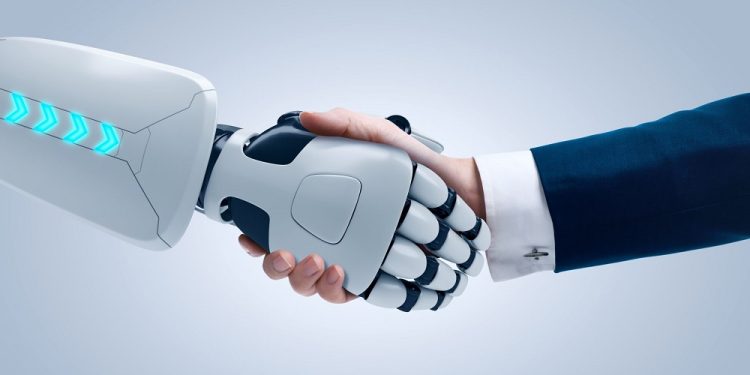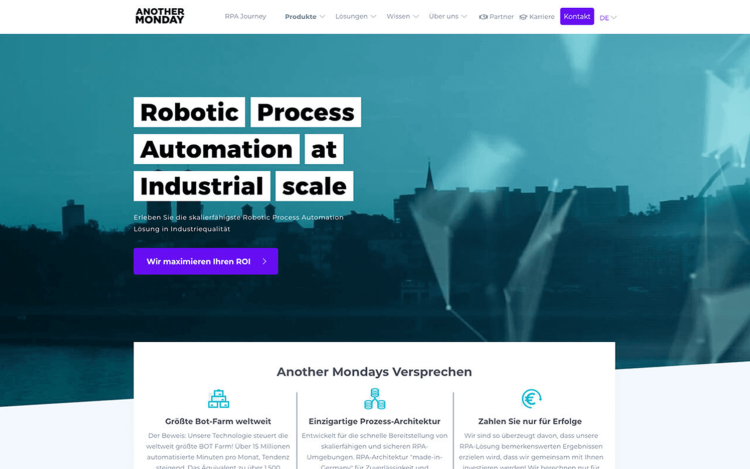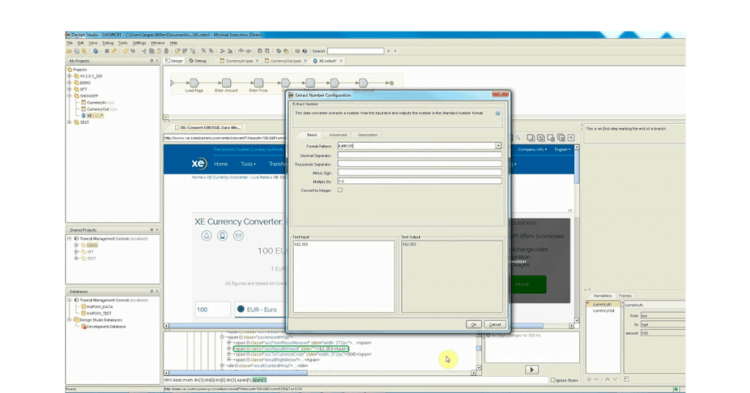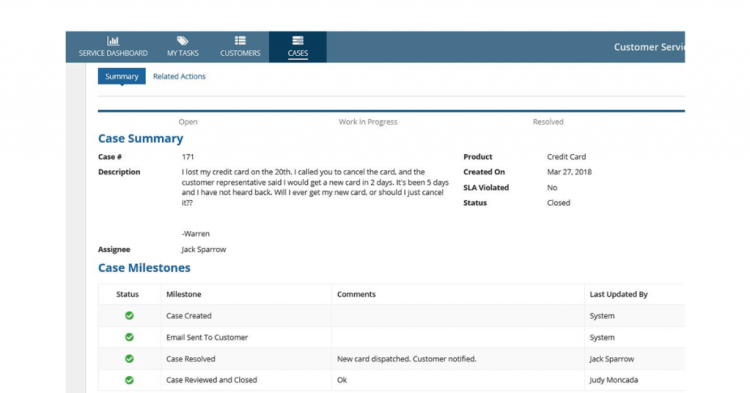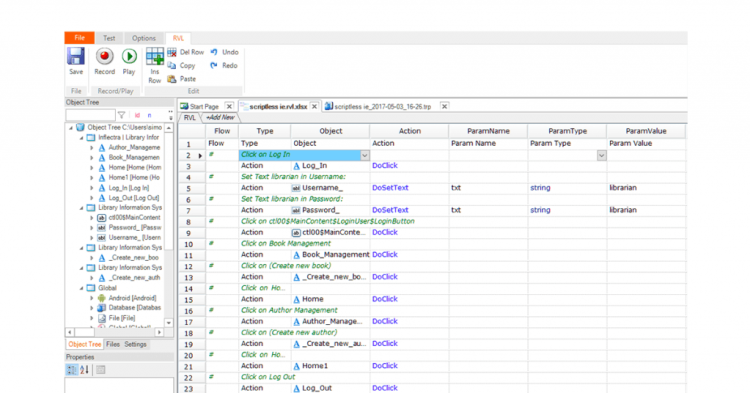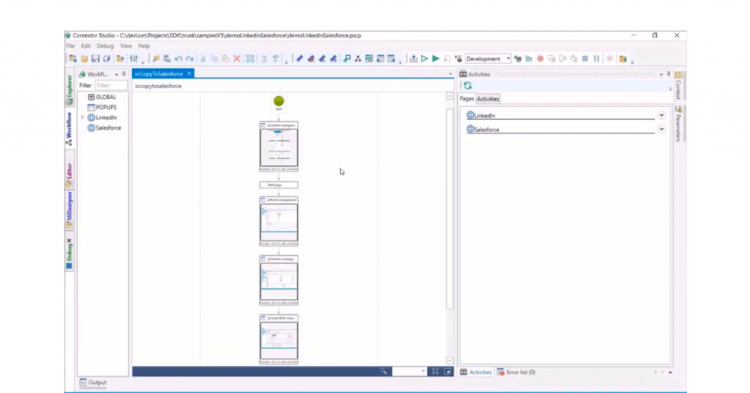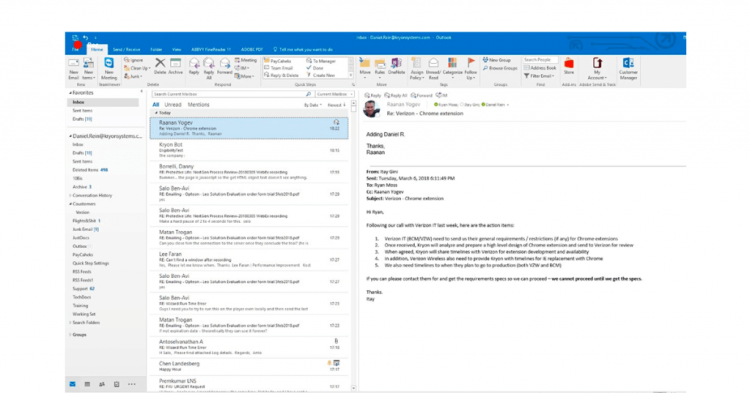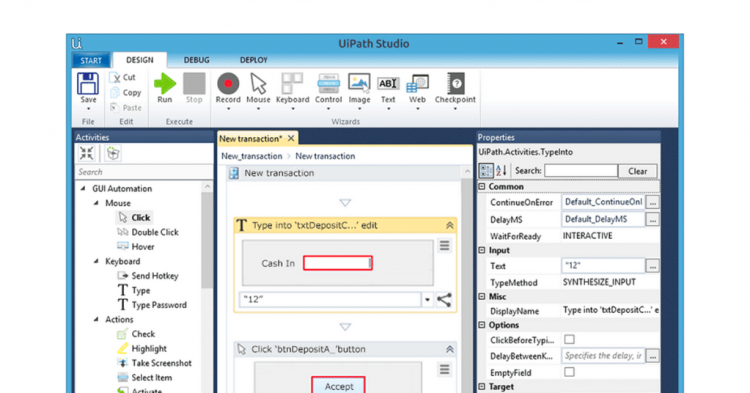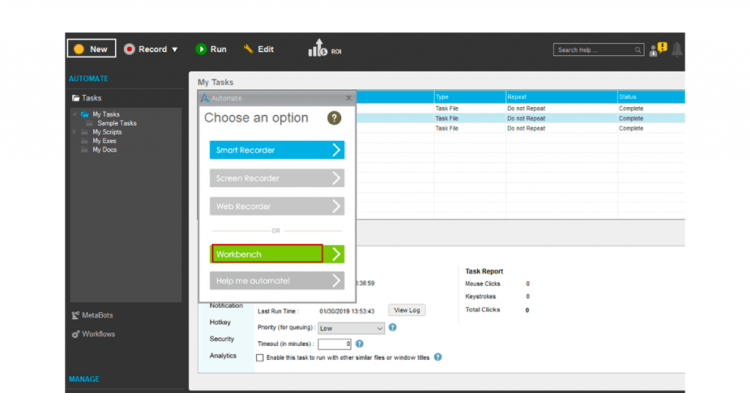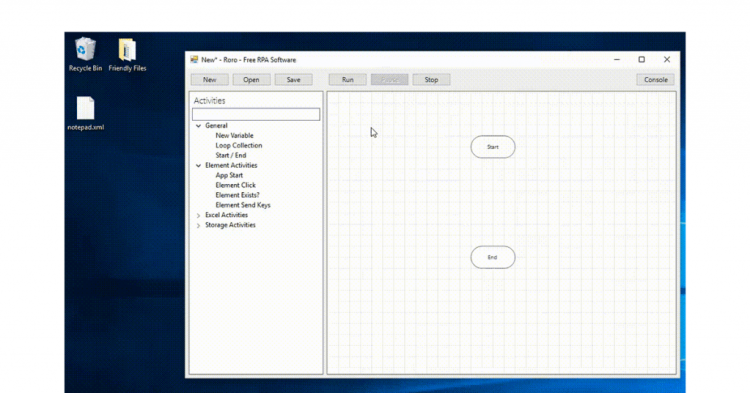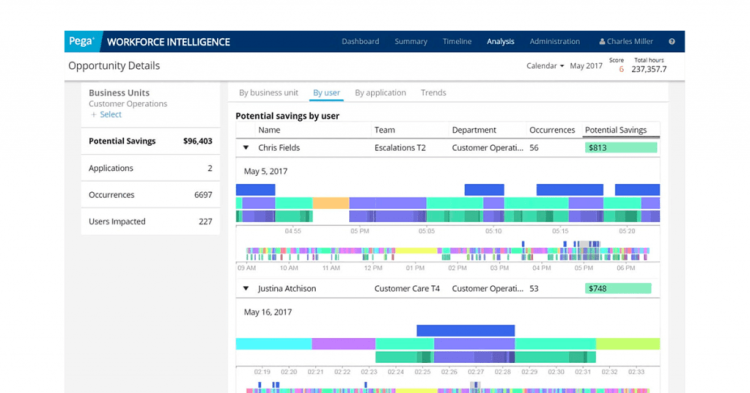Robotic process automation tools automate organizational processes, saving time and money. To quickly execute routine tasks, these tools take data, analyze it, provide replies, and interface with other systems. They may be incorporated into any system immediately to speed up business processes. RPA software is also scalable, making the RPA business platform flexible to a changing business environment.
What’s Robotic Process Automation Tool?
Robotic Process Automation tools arrange processes by automating them using AI (Artificial Intelligence) personnel and metaphorical software robots (bots). These tools do not interfere with other computer software systems. The human being, the subject of the contest, and the ostensibly ideal conditions of the art as the human being are praised for the efficiency with which process automation tools can complete tasks.
These operations include login into an app, connecting to API systems, copying and pasting content, extracting and processing data from files and folders, accessing the database, doing computations, and scraping content. The greatest RPA tools include software robots that assure consistency and compliance with the programmed instructions.
RPA Tools Functions
Robotic process automation technology configures computer or robot software to read apps for interfacing with other digital resource systems. Process automation tools are crucial for the following reasons.
1 – Customer service activities include e-signature verification, uploading scanned documents, and other regular tasks.
2 – Basic accounting and financial planning tasks.
3 – Human resources tasks such as attendance management, new hire hiring, onboarding, and offboarding.
4 – IT services include source-code control, email notification optimization, and server reset.
5 – Handling supply chain activities such as tracking shipments, inventory management, and order processing.
Best 10 Robotic Process Automation RPA Tools
Let’s look at the best Robotic Process Automation RPA tools.
1. Another Monday
On another Monday, Intelligent process automation services are offered by RPA software. For mobile integration and machine learning, this RPA tools platform also offers digital tools. Hence, the software aids in increasing productivity, lowering manufacturing costs, and improving business processes.
Features
- Knowledge transfer in the process.
- Creating a visual representation of exception handling.
- Assisting audits.
- Pictorial comparison.
- Finding opportunities for standardization and process inefficiencies.
- Knowledge transfer in the process.
- Increasing automation of processes.
- Tasks are assigned.
2. Kofax
Kofax develops and maintains software robots to alleviate the burden of routine tasks. The RPA platform uses smart automation to organize and coordinate digital workforce and human resources tasks.
Features
- Cognitive recording.
- Process orchestration.
- Analytics.
- Integration of data from numerous websites, apps, and portals.
- Centralized administration and deployment of robots.
- Unified design environment.
- Lifecycle management for robots.
- Automated process discovery.
- Electronic records management system.
- The platform is extensible.
3. Blue Prism
Blue Prism is an RPA platform designed to help businesses improve their operational agility and speed. With the aid of this software, dependence on human resources for mundane tasks is readily decreased, and human capacity is further channeled toward more strategic and important tasks.
Features
- Digital trade.
- RPA platform that is intelligent.
- Tool for Process Discovery.
- AI-powered manager.
- Design Tools for Process Automation.
- Cloud HUB, Cloud IADA, and Cloud INTERACT.
4. Inflectra Rapise
Inflectra Rapise Robotic process automation tool is an RPA platform designed for automating business operations tasks regularly. Programmers and non-developers use the software for automating top mobile, web, and desktop apps. The software also allows for automated playback and recording.
Features
- Validation of tests.
- Intelligent playback.
- Analog recording.
- Exploratory testing.
- App Testing Hybrid.
- XPath and sky tools.
- Optical character recognition.
- Integration of the Selenium web driver.
5. Contextor
Robotic desktop automation is best used by Contextor RPA software. The built-in bots in the system assist in the execution of tasks inside a computer system, converting time-consuming manual tasks into automated business operations.
Features
- Apps Are Declared.
- Automation script creation.
- User interface design.
- Workflow design.
- IntelliPrompt.
- Code examples.
- Immediate code execution.
6. Kryon
The Kryon RPA platform detects business processes that must be automated to save time and money. The software shifts normal tasks to the virtual server to meet deadlines quickly and effectively.
Features
- Automation that was Attended.
- Hybrid automation.
- Integrated cycle automation.
- Automation that does not need human intervention.
7. UiPath
The UiPath Enterprise RPA Platform automates manual and everyday repetitive tasks. To develop well-planned and implemented automation processes, the software offers AI-based capabilities. To execute automation tasks, UiPath robots interact closely with the app stack.
Features
- Analytics embedded.
- Connect business.
- Orchestrator.
- Process mining tools.
- AI-enhanced digital workforce.
8. Automation Anywhere
Automation Anywhere Robotic process automation tools help to reduce the dependence on human labor for manual computer-related tasks like data input. Artificial intelligence and analytics are combined inside the software to create an innovative digital workforce, allowing humans to invest in more strategic and creative tasks.
Features
- Workload management.
- Top Infrastructure for Virtual Desktops.
- BotFarm.
- Built-in SLA calculator.
- Optical character recognition.
- Citrix AISense algorithm.
- Automation based on images.
9. Nice Systems
The business automation processes with NICE RPA software bring rapid robotic processes to reduce the boredom of conducting normal and monotonous tasks. Furthermore, this RPA software collects data from systems to provide intelligent automation capabilities.
Features
- Automation studio.
- Desktop analytics.
- Automation Locator.
10. PEGA
PEGA RPA software automates regular manual tasks by using the user interface of accessible apps. As a result, time-consuming boring procedures may be readily changed into automated processes to improve the outcomes of business processes.
Features
- Testing and DevOps.
- Case management and BPM.
- Cloud services.
- Automation of sales.
- Opportunity Finder.
Conclusion:
RPA software includes a technique for automating business processes. Businesses and organizations employ top RPA tools to systemize routine business operations, increasing labor efficiency and lowering operational expenses. By diligently using these time-saving tools, you may simplify your business processes.
